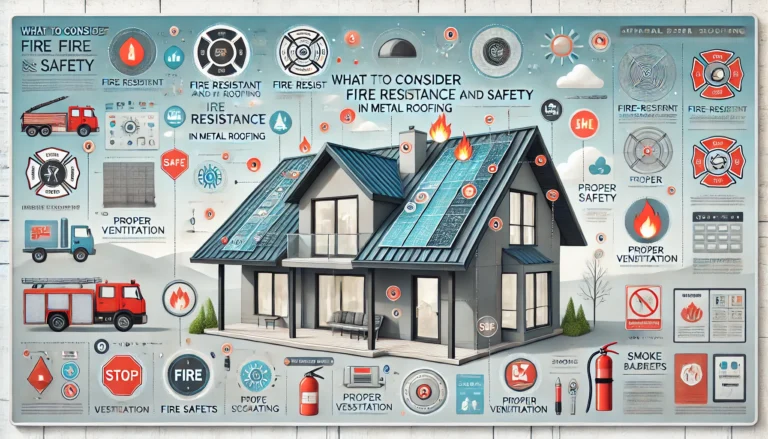Gutter Repair and Installation: A Homeowner’s Guide
Hey there! If you’re diving into the world of gutter repair and installation, you’re in the right place. Gutters might not be the most glamorous part of your home, but they’re absolutely critical in protecting your house from water damage. Let’s walk through what you need to know about keeping your gutters in tip-top shape, whether you’re installing new ones or repairing what you’ve got. By the end of this, you’ll be pretty much a pro (or close enough) on the subject!
Why Gutters Matter
Before we jump into the nitty-gritty, let’s talk about why gutters are so important. Simply put, gutters direct rainwater away from your home. Without them, water would run off your roof, eroding the soil around your foundation, leaking into your basement, and potentially causing some serious structural issues over time. Gutters protect your siding, windows, doors, and foundation from water damage. So, keeping them in good condition is a must.
Recognizing the Signs of Gutter Distress
Knowing when your gutters need some TLC is key. Here are a few signs that it’s time for repair or replacement:
- Sagging or detached gutters: This usually means the gutters are full of water and the supports are failing.
- Leaks or holes: Small holes can be fixed, but larger ones might necessitate a gutter replacement.
- Overflowing gutters: This could indicate a blockage or that your gutters are too small for the amount of rain your roof collects.
Gutter Repair 101
Repairing your gutters doesn’t have to be daunting. For small holes, a bit of gutter sealant might do the trick. Larger holes may require a patch made from the same material as your gutters. If your gutters are sagging, check the hangers and straps that attach them to your home. You might need to replace them or simply tighten the existing ones.
DIY Tips for Gutter Maintenance
- Regular cleaning: Keep your gutters clear of leaves, twigs, and debris to prevent blockages.
- Inspect seals and joints: Check for leaks and apply sealant where necessary.
- Ensure proper slope: Gutters should slope towards downspouts for effective water flow. A general guideline is a quarter inch of slope for every 10 feet of gutter.
Going Pro with Gutter Installation
If you’re looking to install new gutters or replace your old ones, hiring a professional might be your best bet. They can advise on the best materials for your home, climate, and budget. Plus, they’ll ensure that the installation meets local building codes and is done right the first time.
Choosing the Right Materials
When it comes to materials, you’ve got options:
- Aluminum: Lightweight, rust-proof, and available in various colors.
- Vinyl: The most budget-friendly option, easy to install, but not as durable in extreme weather.
- Steel: Stronger than aluminum but prone to rust.
- Copper: Highly durable and weathers to a beautiful patina, but on the pricier side.
The Cost Factor
Cost is always a consideration. Repairing your gutters can be relatively inexpensive, especially if you’re doing it yourself. Installing new gutters, on the other hand, is more of an investment. Prices vary depending on the material and the complexity of your roofline. Don’t forget to factor in the cost of labor if you’re hiring professionals.
FAQs
Q: How often should I clean my gutters?
A: At least twice a year, typically in the spring and fall. If you have a lot of trees near your house, you might need to clean them more frequently.
Q: Can I install gutters myself?
A: Yes, but it’s important to have the right tools and safety equipment. If you’re not comfortable on a ladder, hiring a professional is a good idea.
Q: What’s the lifespan of gutters?
A: Depending on the material, gutters can last anywhere from 20 to 50 years. Regular maintenance can extend their lifespan.
Q: Do gutter guards really work?
A: Gutter guards can reduce the amount of debris that gets into your gutters, but they still require occasional cleaning.
In conclusion, whether you’re tackling gutter repair and installation on your own or hiring a professional, it’s clear that maintaining your home’s gutter system is essential. Not only does it protect your home from water damage, but it also saves you money in the long run by preventing costly repairs. With the tips and knowledge you’ve gained here, you’re well on your way to becoming a gutter maintenance expert. Remember, a little effort goes a long way in keeping your home safe and dry. So, grab that ladder (or your phone to call a pro), and let’s get those gutters in shape!






